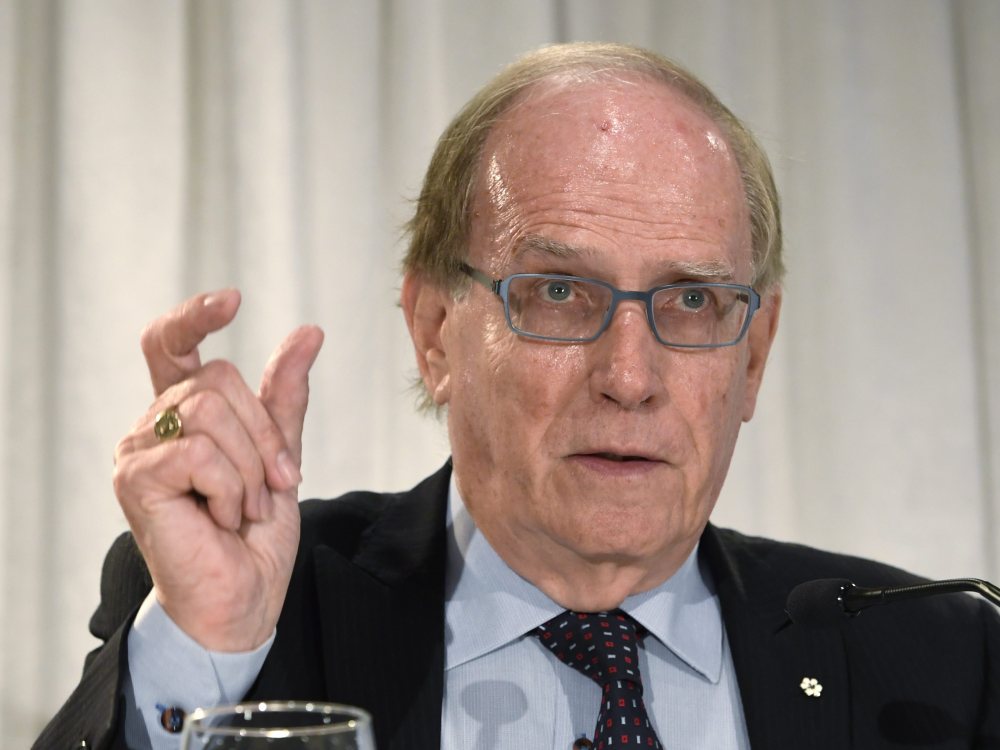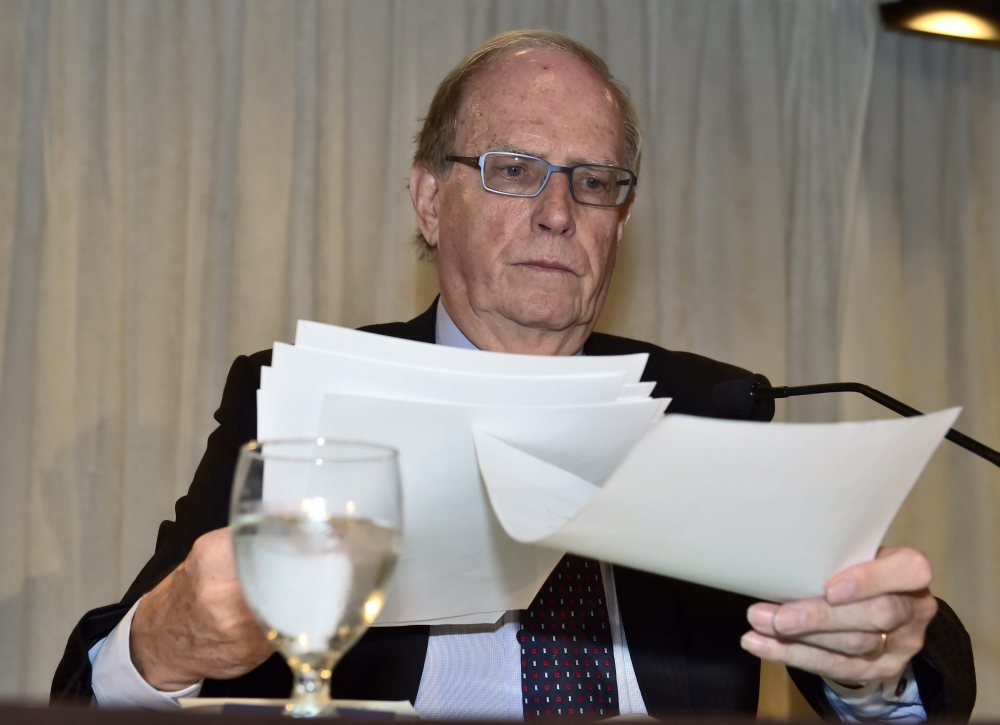A scathing report outlining a state-sanctioned doping system in Russia prompted immediate calls for the nation’s entire team to be sidelined from the Summer Games, raising the possibility that the Olympics could go on without a sports superpower for the first time since the 1980s.
The investigation released Monday confirmed a scheme run out of the antidoping lab in Moscow that ensnared 28 sports, from track to snowboarding to table tennis. It lasted at least four years and involved at least 312 positive tests that went unreported at the behest of higher-ups in the country’s sports ministry.
“A mind-blowing level of corruption within both Russian sport and government,” said Travis Tygart, the CEO of the U.S. Anti-Doping Agency.
The World Anti-Doping Agency swiftly called for the International Olympic Committee to consider a full ban of the Russian team from the Summer Olympics, which start Aug. 5 in Rio de Janiero. IOC President Thomas Bach said the committee wouldn’t hesitate to apply the toughest sanctions available.
The IOC executive board will meet Tuesday to begin sorting through options.
It’s no sure thing the Russians will receive a blanket ban. It’s a decision filled with political ramifications that involve a key Olympic country. It puts the IOC in the position of ruling against one of its biggest supporters, a nation that spent more than $50 billion hosting the Winter Games in Sochi just two years ago. Not since the back-to-back boycotts by the United States in 1980 and the Soviet Union in 1984 have the Olympics been contested without one of its biggest players.
Bach has frequently spoken about the fine line between “collective responsibility and individual justice.” And for every anti-doping agency and athlete group calling for a full ban, there’s seemingly another sports organization or leader urging restraint.
“The right to participate at the Games cannot be stolen from an athlete who has duly qualified and has not been found guilty of doping,” said Bruno Grandi, president of gymnastics’ international federation. “Blanket bans have never been and will never be just.”
Gymnastics was not among the sports listed in the report. Wrestling, meanwhile, accounted for 28 of the 312 unreported positives. The head of that international federation, Nenad Lalovic of Serbia, told The Associated Press “we will absolutely follow the decisions of the IOC.”
But in making decisions about Russia’s team as a whole, the IOC could put the onus on international sports federations to determine penalties. The IAAF, track and field’s governing body, has already banned Russian athletes from the Olympics.
GOLF: Camilo Villegas of Colombia pulled out of the Olympics because he is trying to keep his job on the PGA Tour.
Villegas had indicated that he wanted to be in Rio for golf’s return to the Olympics for the first time since 1904. But Villegas is No. 146 in the FedEx Cup standings with just four tournaments left before the playoffs, and only the top 125 advance to the playoffs and keep full cards for the following season.
“This is an incredibly difficult decision for me, but ultimately I have to do what’s best for my career,” Villegas said.
Send questions/comments to the editors.




Success. Please wait for the page to reload. If the page does not reload within 5 seconds, please refresh the page.
Enter your email and password to access comments.
Hi, to comment on stories you must . This profile is in addition to your subscription and website login.
Already have a commenting profile? .
Invalid username/password.
Please check your email to confirm and complete your registration.
Only subscribers are eligible to post comments. Please subscribe or login first for digital access. Here’s why.
Use the form below to reset your password. When you've submitted your account email, we will send an email with a reset code.